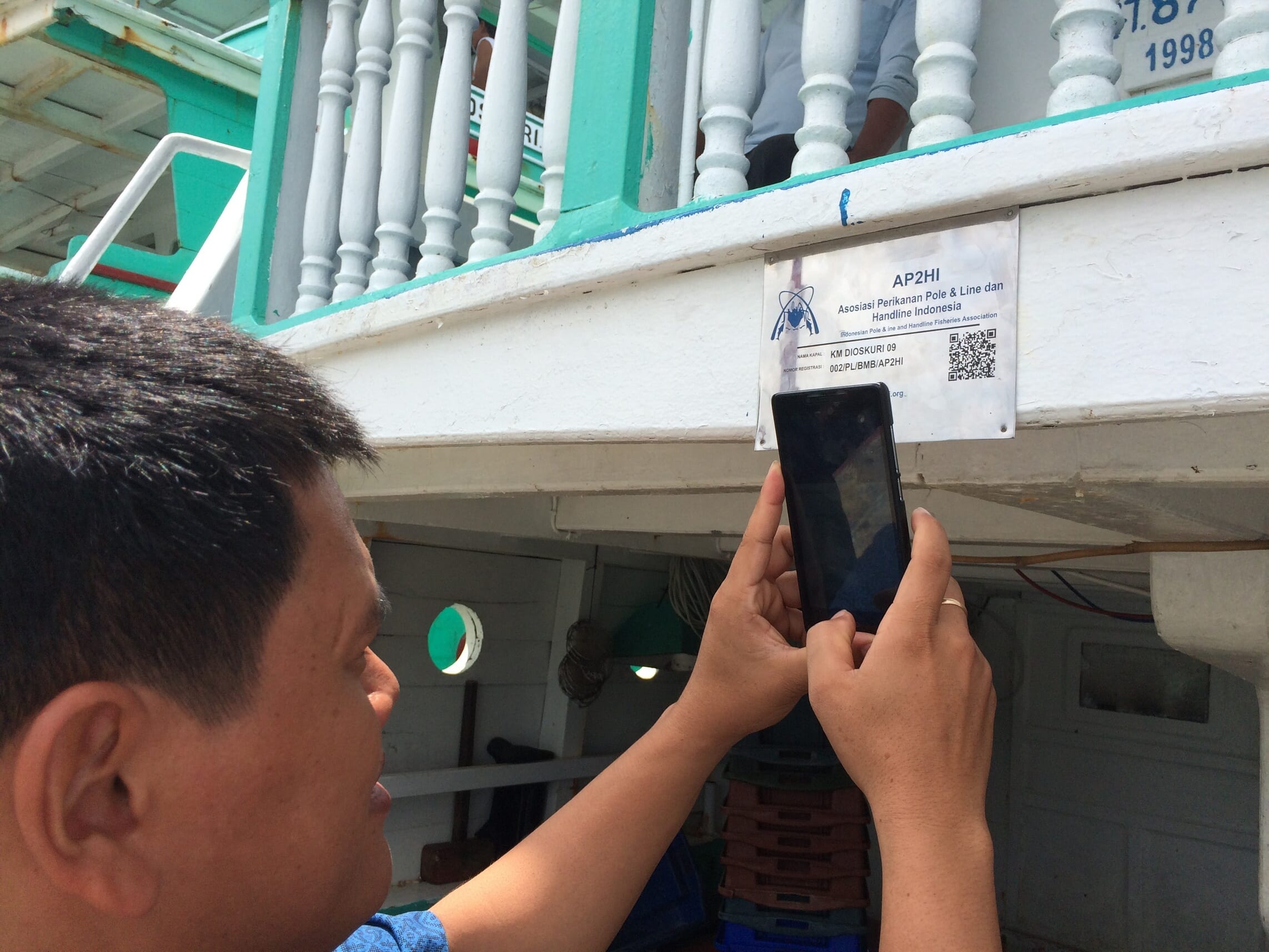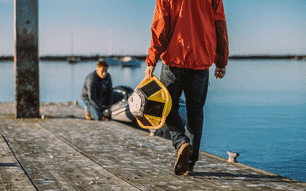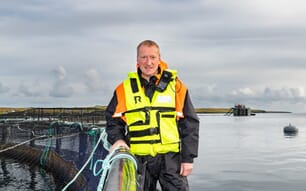In 2014, Indonesian tuna pole and line fishers caught 100,000 tonnes, around 60 to 70 per cent of which was skipjack, said Martin Purves, Fisheries Development Director at the International Pole and Line Foundation (IPNLF), speaking at the World Seafood Congress in Grimsby, UK.
Most of this catch goes to markets for local consumption with only a relatively small amount going to export.
Helping with both sustainability and with access to export markets, the fishery is involved in a fishery improvement project and began a MSC pre-assessment back in 2013.
In another move to help strengthen sustainability and market access, the IPNLF is involved in a pilot project to help pole-and-line and handline tuna fishers join the International Seafood Sustainability Foundation (ISSF) Proactive Vessel Register (PVR), with help from the Asosiasi Perikanan Pole and Line dan Hand Line Indonesia (AP2HI) and Masyarakat dan Perikanan Indonesia Foundation (MDPI).
The pilot project is also supported by funding from the Gordon and Betty Moore Foundation.
The PVR is an online database where buyers can go to check if vessels are fishing sustainably. It also gives vessel owners the opportunity to show that they are dedicated to sustainable practices.

Vessels are able to join the register at no cost and a third party is contracted to carry out a comprehensive scheme of audits using publicly available data and documents and on-site visits to assess compliance with PVR elements and commitments
By joining the PVR, the vessels provide information such as, fishing gear type, length, vessel name and previous name if there has been a change, the year constructed, whether or not it has appeared on an illegal fishing list and its adherence to the anti-finning policy.
The PVR would offer these small scale fishers the opportunity to demonstrate that they fish sustainably, are not involved with IUU fishing and insures traceability and transparency, said Mr Purves.
There are, however, challenges to registering the vessels, such as logistical problems due to the long distances boats travel, the various islands of the country and a very large numbers of vessels, said Mr Purves.
So far, the pilot project is working well and participating fishermen are motivated and have a better understanding of supply chain needs and requirements.
The vessels that have successfully registered have received a unique identification number and a plaque for their boat which features a barcode for inspectors to scan with their smart phone.
With the pilot project expected to be completed by February 2016, the next step is to register all vessels on the AP2HI and the MDPI registers and hopefully add these to the PVR as well.
It may also be useful to create a community or group based application to the register in order to make it more user friendly for buyers, explained Mr Purves.
Alongside the project, the Indonesian government is also aiming to have all its vessels registered within the next three years.




